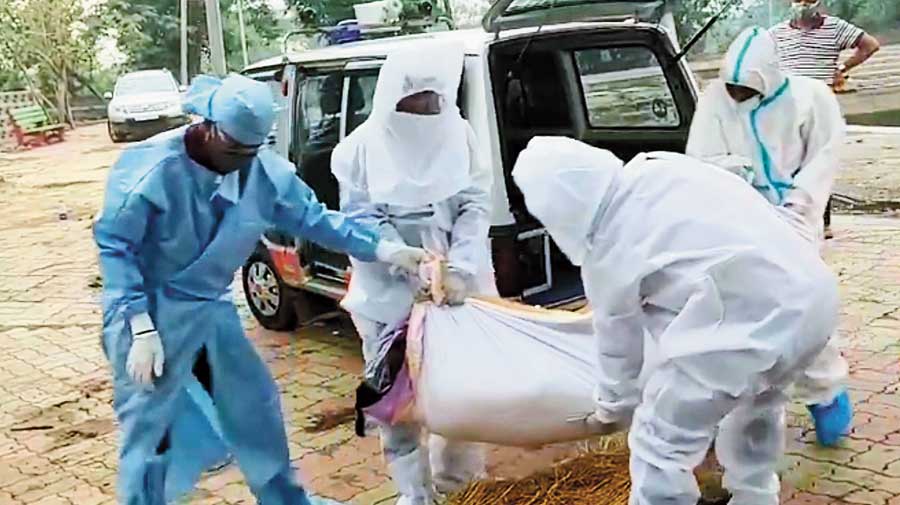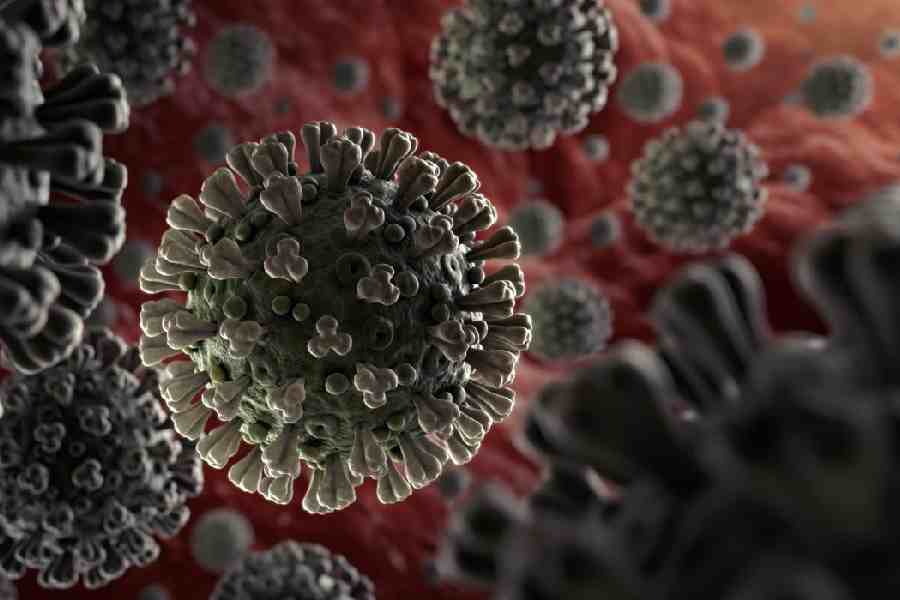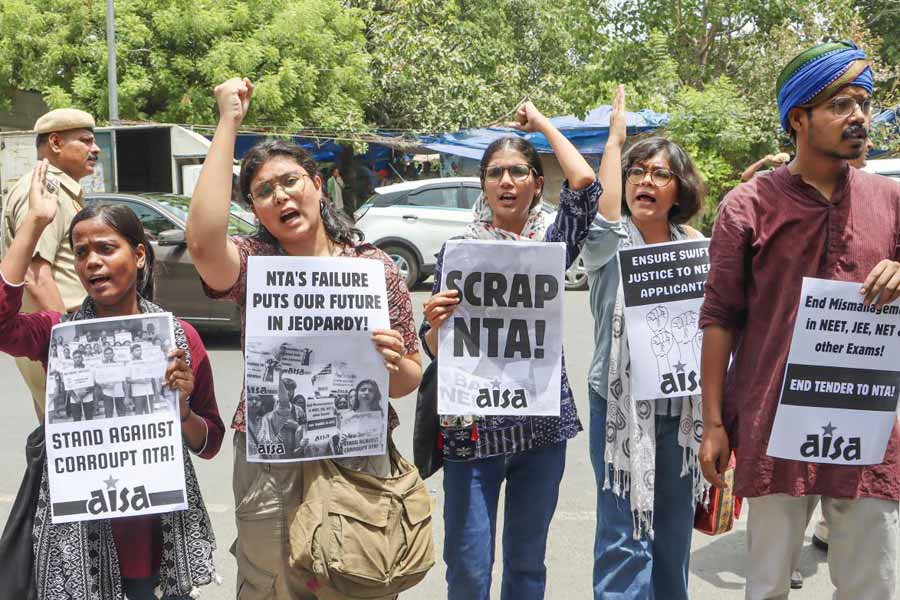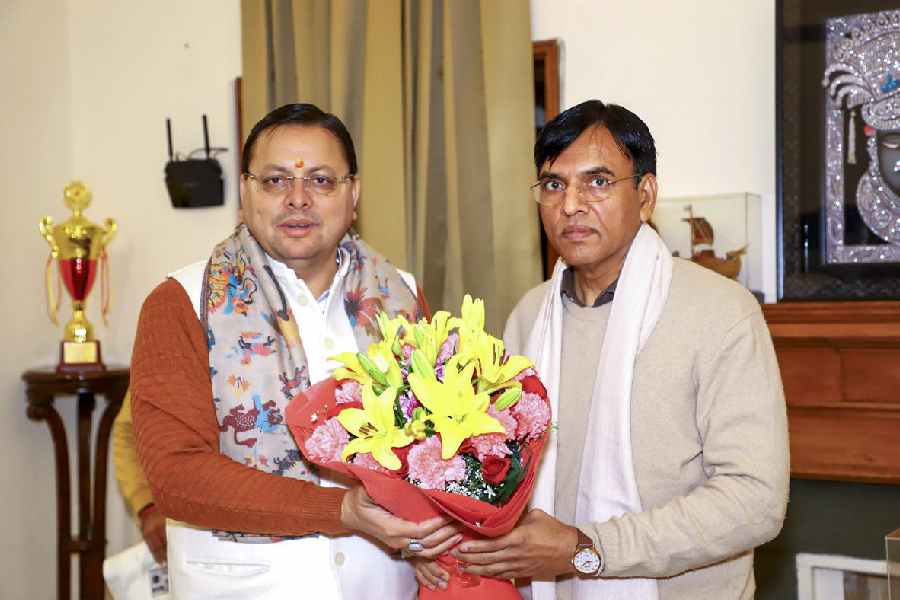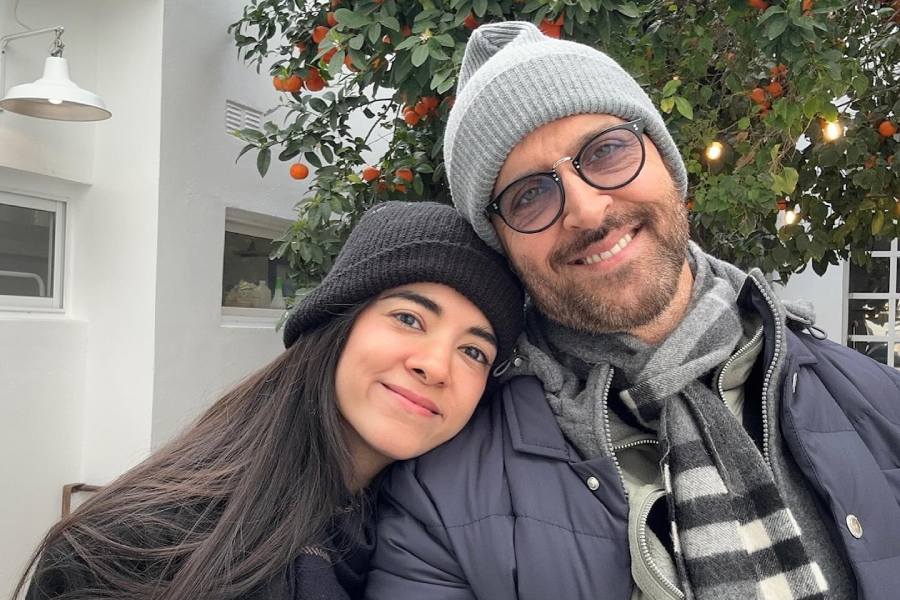A third Covid wave in India is "inevitable", and it may hit the country in the next six to eight weeks, AIIMS chief Dr Randeep Guleria has said as several states are easing curbs on public movement after weeks of strict restrictions. The country's main challenge, he explained, was vaccinating a huge population and the decision to increase dose gaps for Covishield recipients "may not be a bad" approach to provide protection to more people.
A new frontier will have to be developed in India's fight against Covid to further study the mutation of the virus, Dr Guleria told NDTV as he talked about the new Delta-plus variant, which has evolved from the Delta variant of COVID-19, triggering fresh concerns about monoclonal antibody therapy.
"As we have started unlocking, there is again a lack of Covid-appropriate behaviour. We don't seem to have learnt from what happened between the first and the second wave. Again crowds are building up... people are gathering. It will take some time for the number of cases to start rising at the national level. But it could happen within the next six to eight weeks... may be a little longer," Dr Guleria said. "It all depends on how we go ahead in terms of Covid-appropriate behaviour and preventing crowds," he added.
Nearly 5 per cent of the country's population has so far been vaccinated with two doses. The government aims to vaccinate 108 crore of over 130 crore people in the country by the end of this year.
"That's the main challenge. A new wave can usually take up to three months but it can also take much lesser time, depending on various factors. Apart from Covid-appropriate behaviour, we need to ensure strict surveillance. Last time, we saw a new variant - which came from outside and developed here - led to the huge surge in the number of cases. We know the virus will continue to mutate. Aggressive surveillance in hotspots is required," the AIIMS chief told NDTV.com.
"Mini-lockdown in any part of the country, which witnesses a surge and a rise in positivity rate beyond 5 per cent, will be required. Unless we're vaccinated, we're vulnerable in the coming months," he underlined, stressing that "testing, tracking, and treating" should be the focus in the hotspots.
"We have to factor in human behaviour while unlocking, which needs to be done in a graded manner," Dr Guleria stressed.
On the spread of the Delta variant in the United Kingdom, which is now facing a third wave, he said, "Virus is still mutating, we need to be careful".
The gap between the new waves is shortening and it's "worrying", Dr Guleria said.
"During the first wave, the virus was not spreading that rapidly... all that changed during the second wave, and the virus became much more infectious. Now the Delta variant that's spreading is much more infectious. Faster spread is likely," said the AIIMS chief.
Dr Guleria's observations come as the nation makes an effort to get back on its feet from the devastating effect of the 2nd wave.
With 60,753 new Covid cases being reported in a day, India's total tally rose to 2,98,23,546, while the number of active cases stand at 7,60,019, the lowest in 74 days.
The death toll climbed to 3,85,137 with 1,647 fresh fatalities and active cases comprise 2.55 per cent of the total infections, while the national COVID-19 recovery rate has improved to 96.16 per cent.
More than 26 crore citizens have been vaccinated so far, the Centre on Wednesday said in a report, adding that over 4.81 crore residents in the 18-44 age group have been inoculated so far.
With fresh Covid cases on a decline, Delhi opened up markets and public places, causing people to venture out without adhering to the norms of social distancing.
The Delhi High Court on Friday flagged the violation of Covid-19 protocols in various markets in the national capital and observed that such breaches will only hasten the third wave which cannot be permitted at all.
The high court asked the Centre and Delhi government to take strict measures, sensitise shopkeepers and hold meetings with markets and vendors associations in this regard.
A vacation bench of Justices Navin Chawla and Asha Menon took note of certain photographs sent to one of the judges of the high court by an AIIMS doctor showing scant regard for Covid-19 protocols by street vendors in markets.
"We have paid a huge price in the second wave. We don't know if there is any household which has not suffered in the second wave, closely or remotely," the bench observed.
Apart from Delhi, Maharashtra began its a five-level unlock process, allowing cities and districts which have a positivity rate of less than five per cent and the oxygen bed occupancy of less than 25 per cent to open up completely.
Uttar Pradesh lifted Covid restrictions in all districts except in Meerut, Saharanpur and Gorakhpur with Haryana allowing restaurants and bars to open from 10 am to 8 pm with 50 per cent seating capacity.

